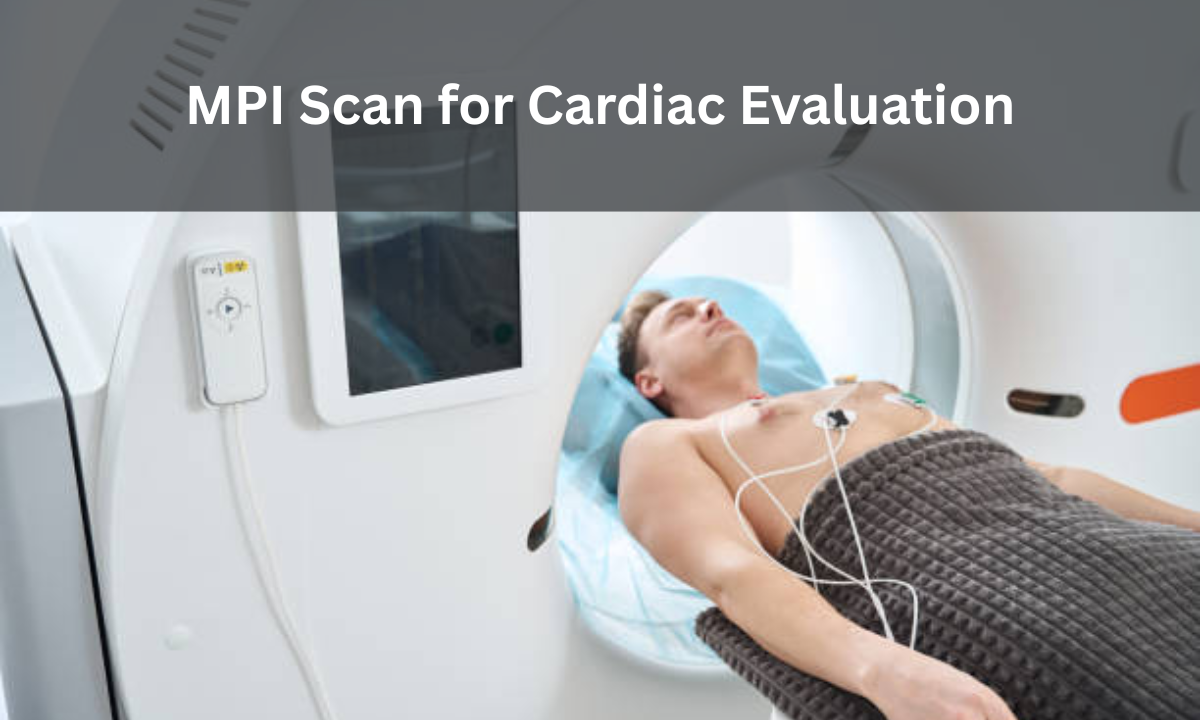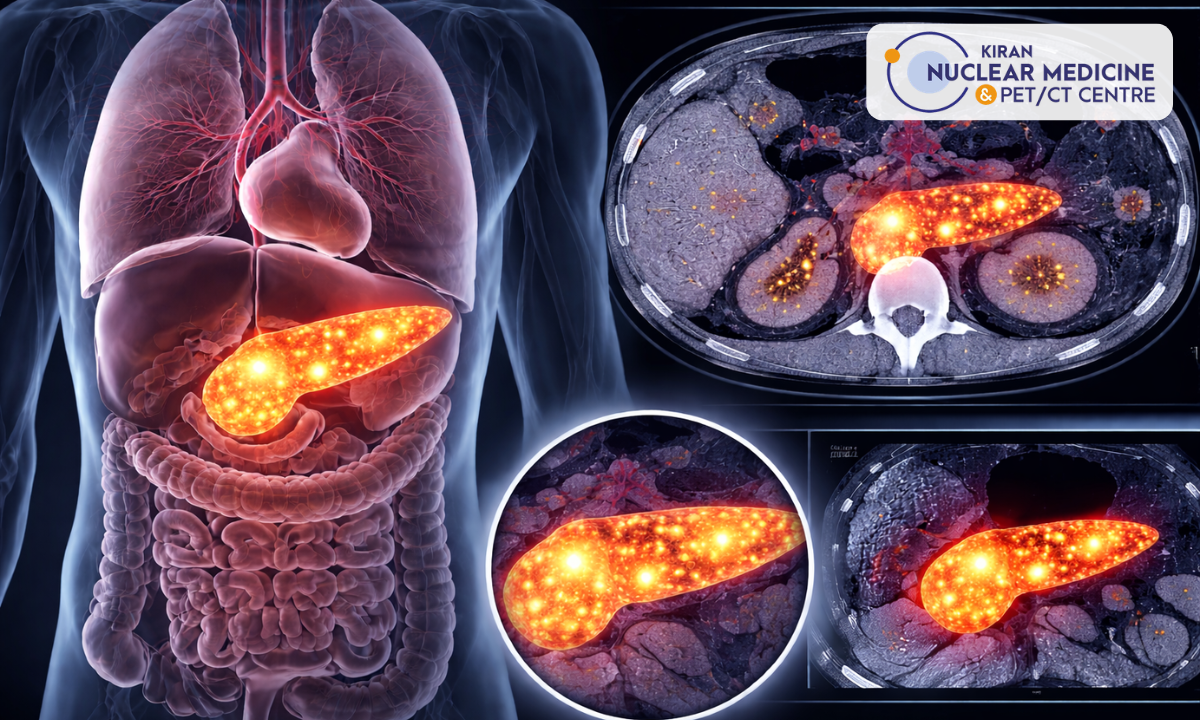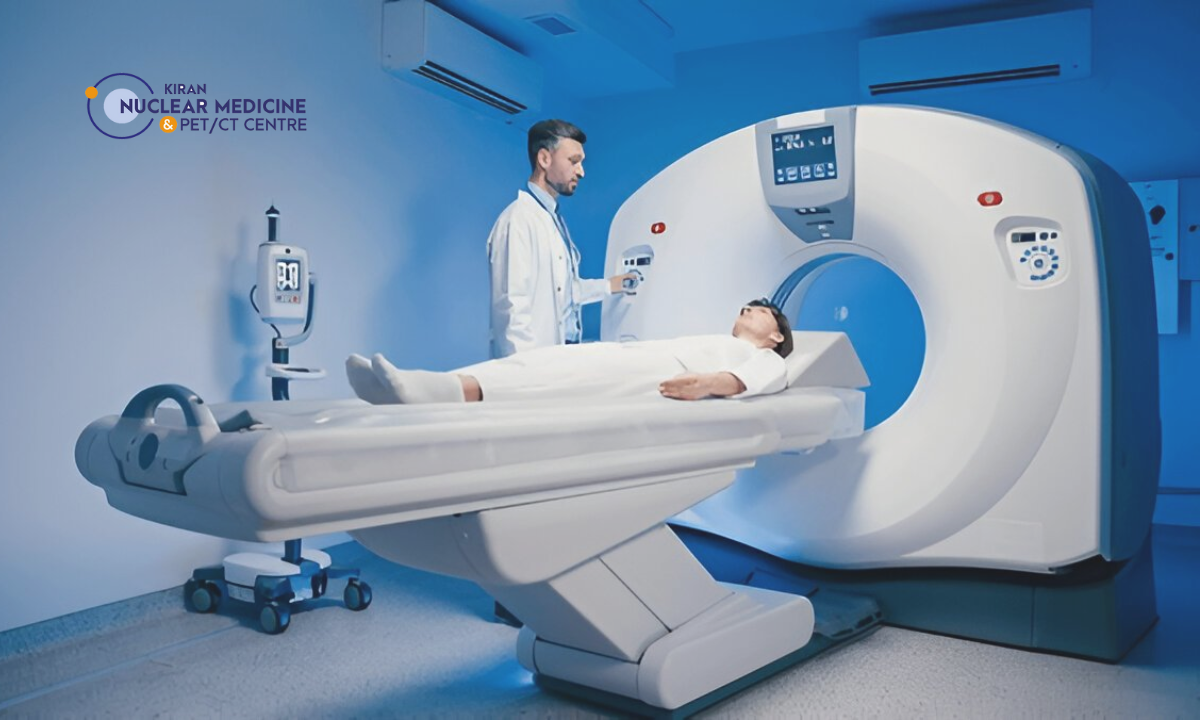What is an MPI Scan?
An MPI Scan, or Myocardial Perfusion Imaging, is a non-invasive nuclear medicine test designed to assess blood flow through the heart muscle. It helps in evaluating the function of the heart and detecting any restricted blood flow, which may indicate coronary artery disease. This diagnostic test uses a radioactive tracer to highlight areas of the heart receiving insufficient blood during rest and stress conditions.
Purpose of MPI Scan

The primary aim of an MPI Scan is to detect coronary artery disease by examining how well blood flows into the heart muscle. It also helps in evaluating the effectiveness of previous treatments or surgeries related to heart conditions. Physicians recommend it for patients with chest pain, shortness of breath, or unexplained fatigue, as these can be symptoms of underlying cardiac issues.
How Does Myocardial Perfusion Imaging Work?
Myocardial Perfusion Imaging involves the administration of a radioactive tracer into the bloodstream. This tracer travels to the heart and emits gamma rays that can be captured by a special camera, often part of a SPECT scan system. The test is conducted in two phases—one during rest and another during physical or pharmacological stress.
Types of MPI Scan
- Rest MPI Scan: Assesses blood flow when the heart is relaxed.
- Stress MPI Scan: Evaluates the heart under physical or induced stress.
By comparing images from both conditions, healthcare providers can determine areas of the heart that may not be receiving adequate blood supply.
Benefits of an MPI Scan
- Non-invasive: No surgical procedure involved.
- High accuracy: Identifies coronary artery disease even in its early stages.
- Dual assessment: Measures both resting and stress blood flow.
- Supports treatment planning: Helps decide on further interventions or medication.
Radioactive Tracer in MPI Scans
The radioactive tracer used in an MPI Scan is a safe, low-level radioactive material. Common tracers include technetium-99m or thallium-201. Once injected, it quickly binds with heart muscle tissues and emits gamma radiation detectable by the imaging system. The quantity used is minimal and adheres to medical safety standards.
The procedure of an MPI Scan
1. Preparation: Patients are advised to avoid caffeine, smoking, and certain medications before the scan.
2. Tracer Injection: The radioactive tracer is injected into the vein.
3. Imaging: The camera captures images of blood flow at rest.
4. Stress Induction: Either through exercise or medication, the heart is stressed.
5. Second Imaging: A second set of images is taken to observe stress-induced changes.
The entire process may take several hours, depending on the protocol used.
Accuracy and Safety
An MPI Scan is recognized for its high diagnostic accuracy. It significantly lowers the risk of false results due to the combination of rest and stress phase imaging. Regarding safety, exposure to radiation is low and generally considered safe for most individuals. Allergic reactions are rare.
Conditions Detected by MPI Scan
- Reduced blood flow due to coronary artery disease
- Damage from previous heart attacks
- Heart muscle function abnormalities
- Effectiveness of stents or bypass surgeries
Why MPI Scan is Preferred for Cardiac Evaluation
The MPI Scan offers a dynamic assessment by showing how blood flows in real-time, not just the structure of the heart. This makes it especially useful in distinguishing between temporary and permanent damage to heart muscle tissues. It is a powerful diagnostic tool in the cardiologist’s toolkit.
SPECT Scan in Bangalore
SPECT Scan in Bangalore is widely available at leading diagnostic centers and hospitals. These scans offer high-resolution imaging, providing precise data on heart function. The integration of SPECT scan with MPI Scan technology enhances diagnostic capabilities, making it easier to detect early signs of coronary artery disease.
Availability of MPI Scan in Bangalore
The demand for MPI Scan in Bangalore is growing due to increased awareness about heart health and the rise in cardiac ailments. Multiple diagnostic centers and cardiology departments in the city provide access to Myocardial Perfusion Imaging using state-of-the-art technology and trained professionals.
Advantages of MPI Scan Over Other Tests
- More detailed than ECG or treadmill tests
- Can detect perfusion defects that other tests might miss
- Combines functional and anatomical imaging
Preparation Tips Before MPI Scan
- Follow fasting guidelines as advised
- Inform your doctor about all current medications
- Wear comfortable clothes if physical stress is involved
- Stay hydrated unless instructed otherwise
Post-Scan Care
- Resume normal activities unless advised
- Increase fluid intake to help flush out the radioactive tracer
- Await results and follow up with your physician
Conclusion
MPI Scan is a critical diagnostic tool for detecting coronary artery disease and assessing heart function using myocardial perfusion imaging. With the support of the SPECT scan in Bangalore, this non-invasive test offers accurate and early detection of heart-related issues. If you’re seeking a reliable centre for MPI Scan in Bangalore, Kiranpet is known for its modern infrastructure, diagnostic excellence, and patient-first approach to delivering comprehensive heart care solutions.







